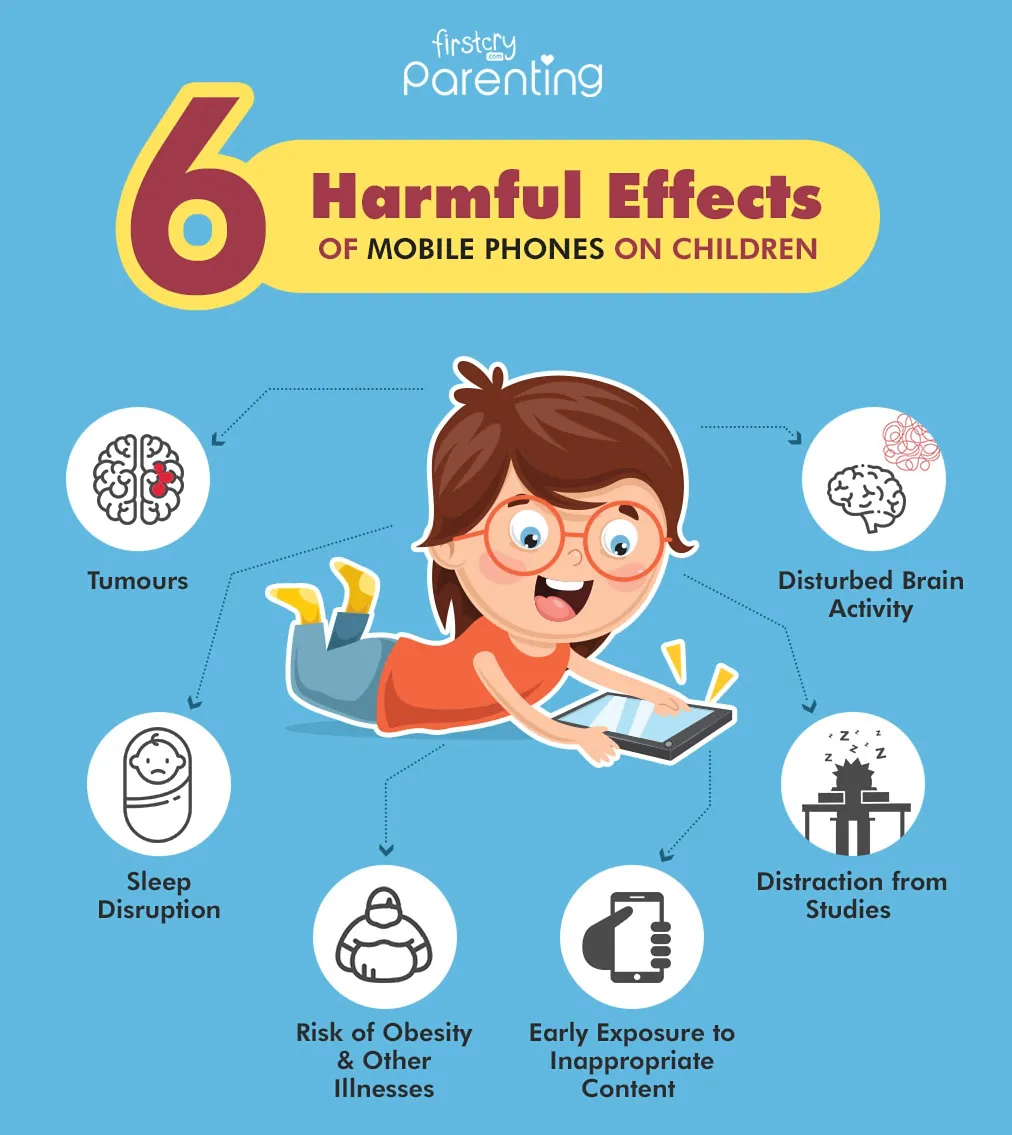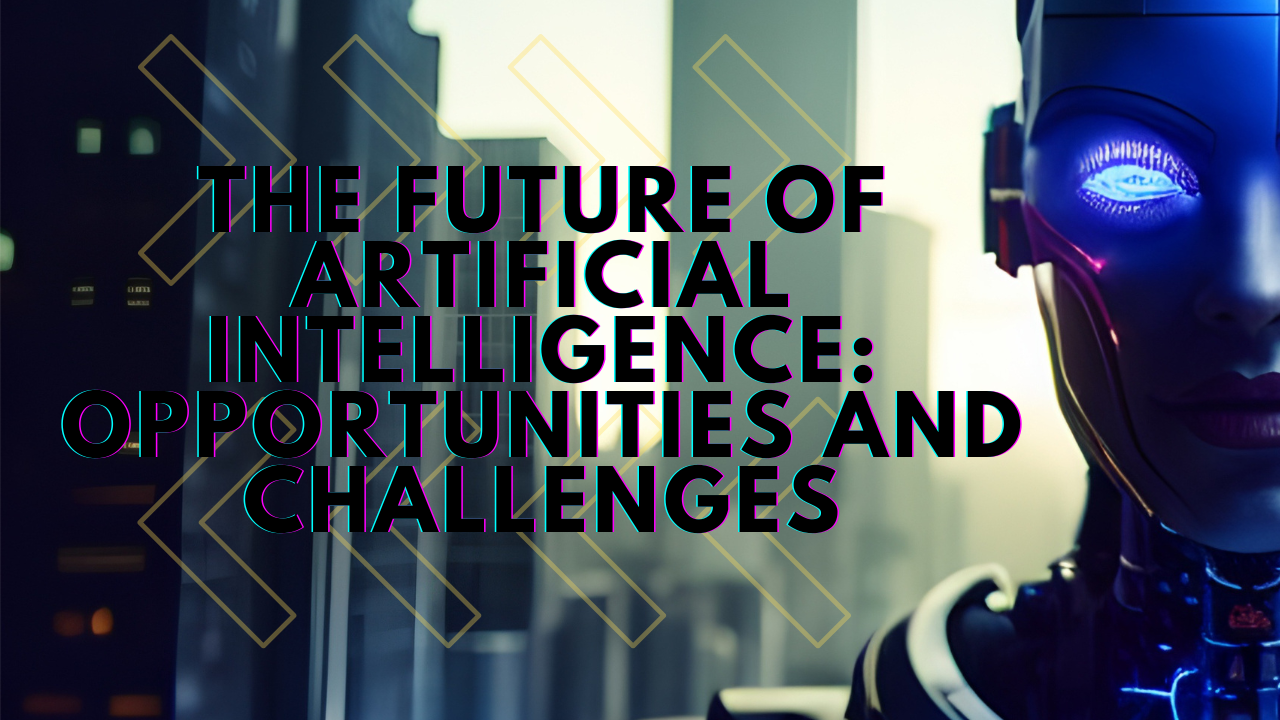
18/5/2024
The use of smartphones by children can pose certain risks
The use of Android mobile devices (or any smartphones) by children can pose certain risks, but these can be managed with proper guidance and precautions. Here are some potential dangers and corresponding measures to mitigate them:
Potential Dangers:
Exposure to Inappropriate Content:
- Risk: Children might access content that is not suitable for their age, including violent, sexual, or otherwise inappropriate material.
- Mitigation: Use parental control apps and settings to restrict access to certain websites and apps.
Screen Time Issues:
- Risk: Excessive screen time can impact children's physical health, such as eye strain, sleep disruption, and reduced physical activity. It can also affect their mental health and social skills.
- Mitigation: Set time limits for device usage and encourage regular breaks. Promote other activities such as outdoor play, reading, and family time.
Online Predators and Cyberbullying:
- Risk: Children might encounter strangers who could pose a danger or experience cyberbullying from peers.
- Mitigation: Teach children about the importance of not sharing personal information online. Monitor their online interactions and educate them on recognizing and reporting inappropriate behavior.
In-app Purchases and Scams:
- Risk: Children might inadvertently make in-app purchases or fall victim to scams and advertisements.
- Mitigation: Disable in-app purchases through parental controls and discuss the importance of not clicking on suspicious links or ads.
Privacy Concerns:
- Risk: Children's personal data could be collected and misused by apps and websites.
- Mitigation: Use privacy settings to limit data sharing. Choose apps from reputable developers and review their privacy policies.
Dependence and Addiction:
- Risk: Children might develop a dependency on mobile devices, leading to addiction and difficulty engaging in offline activities.
- Mitigation: Encourage a balanced lifestyle with diverse activities. Set clear rules about when and how long they can use their devices.
Tips for Safe Use:
- Supervision and Involvement: Be involved in your child's digital life. Regularly check the apps they use and the content they access.
- Education: Teach children about the potential dangers of the internet and how to stay safe online.
- Family Agreements: Create a family media plan that outlines rules and expectations for device use.
- Model Behavior: Set a good example by managing your own device use responsibly.
By taking these steps, you can help ensure that your child's use of Android mobile devices is safe and beneficial.
Thank You.


